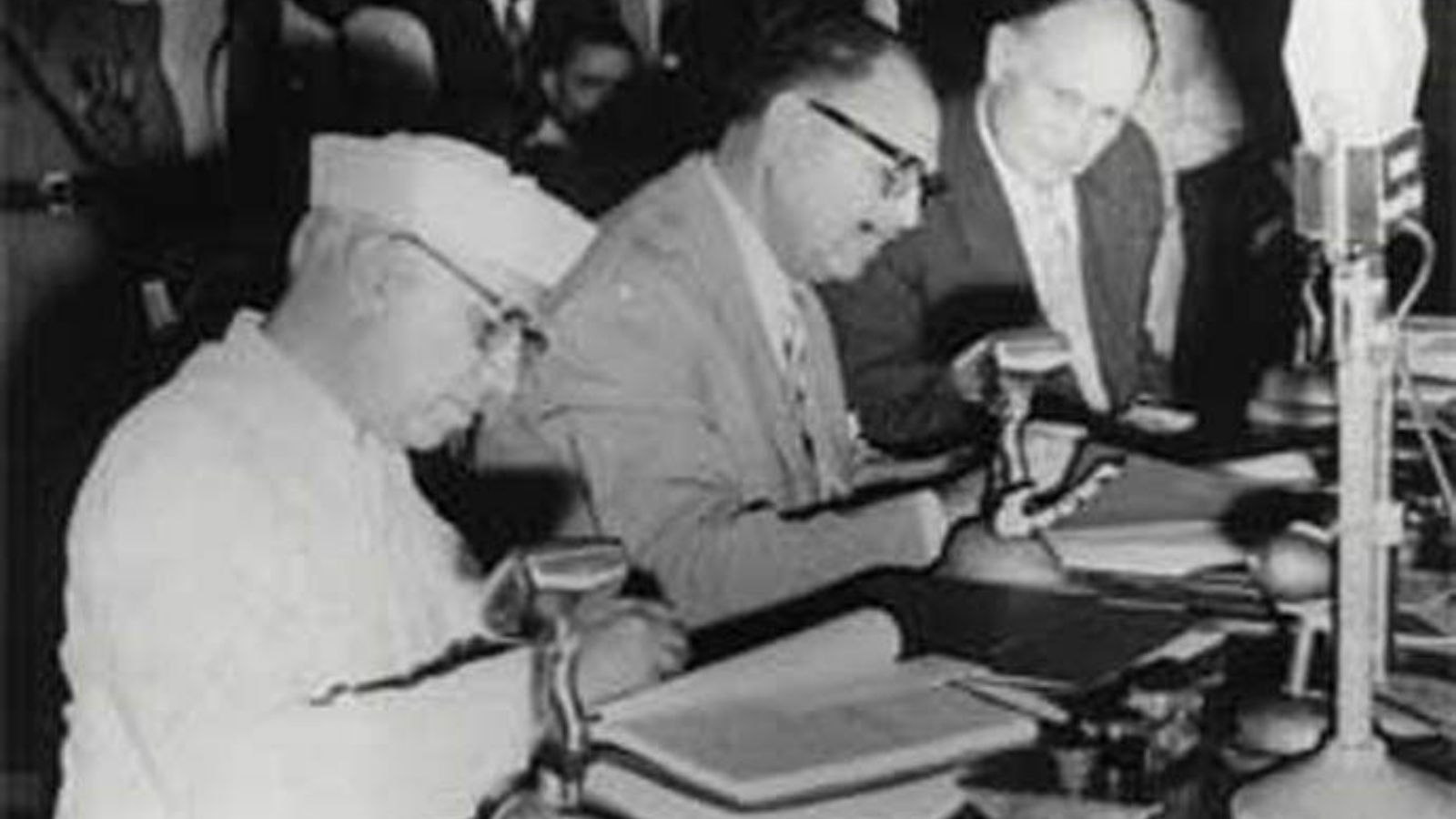By Kamal Madishetty, Alumni of Vision India Foundation
The article was published in the DailyO
Image Source : Vision India Foundation
The government must make it clear that it is not going to be business as usual if Pakistan continues to bleed India.
Ever since the Indus Waters Treaty has come into the current discourse of India-Pakistan relations, some have called for abrogation of the lopsided treaty, while others have warned against it citing a range of consequences that would follow. But any evaluation of this matter must be cognisant of the fundamental fact that the treaty is grossly unfair to India.
Signed in 1960 by Prime Minister Jawaharlal Nehru and the then Pakistan President Ayub Khan, the Indus Water Treaty was brokered by World Bank. It is an extraordinarily generous water-sharing treaty, and is the only pact in the world that compels the upper riparian state to defer to the interests of the downstream state.
The treaty gives Pakistan control over the three so-called “western” rivers – Indus, Jhelum and Chenab that flow from Jammu and Kashmir before entering Pakistan. On the other hand, India gets to control the three eastern rivers – Ravi, Beas and Sutlej that flow from Punjab.
This parity in the number of rivers is, however, quite misleading. The three rivers that India gets to control have an awfully low volume of waters compared to the other three. In all, Pakistan gets a whopping 5,900 tmcft volume of water every year which is a massive 80.5 per cent share of the total waters, while India gets to use only 19.5 per cent.
What’s ironic is that Pakistan gobbles up all of this water even though its actual requirement is much less. It is egregious that annually about 40 million acre feet (maf) of water flows into the Arabian Sea absolutely unutilised, according to a study by a Supreme Court advocate.
If even some of these waters were allowed to be utilised by India, the water crunch in the states of Haryana, Punjab and Rajasthan could probably be solved. Further, the state most affected by the treaty is Jammu and Kashmir. The people and government of J&K have time and again raised this issue.
In 2002, the state Assembly passed a unanimous resolution demanding the abrogation of the pact, when Mufti Mohammed Sayeed was the chief minister. Given the power shortages in the state, full access to Indus waters has the ability to boost self-reliance which is key to solving the state’s problems. Pakistan, however, has a vested interest in continuing the status quo because it harms the people of J&K and undermines their economic growth.
Read more on DailyO

